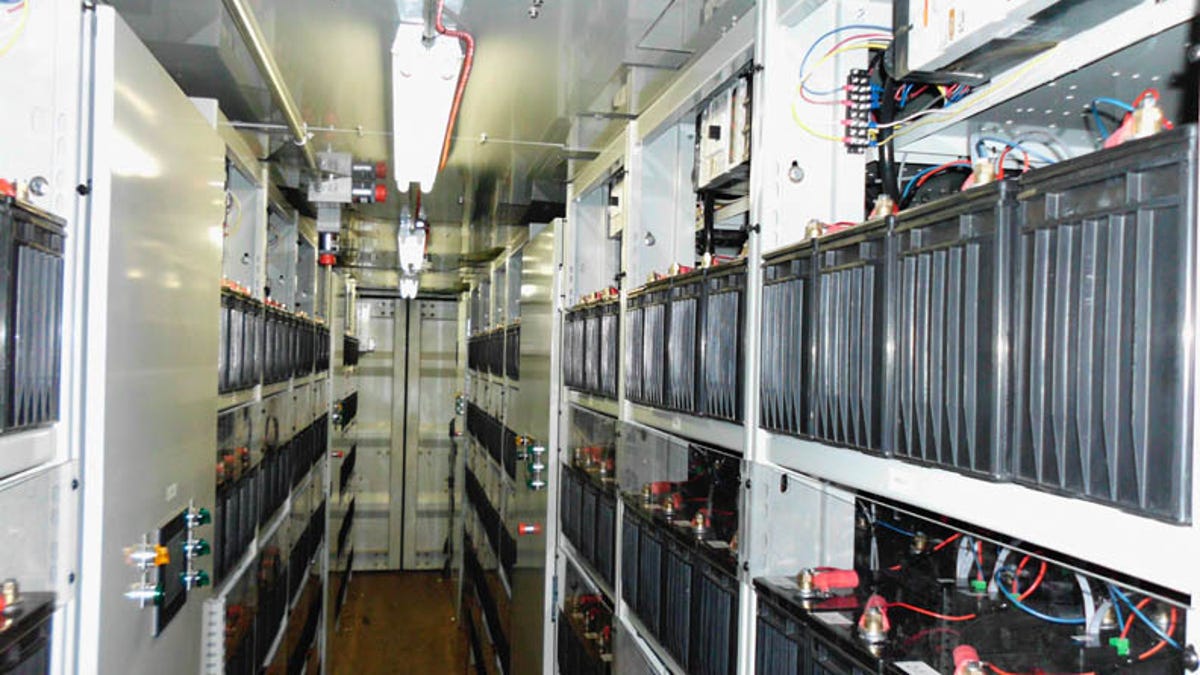New lead-acid battery angles for micro hybrids
In the technology race to build energy storage systems for start stop hybrids, Axion Power is pushing an advance on the workhorse lead-acid battery.

Modernizing 150-year-old battery technology may be one of the cheapest routes to hybrid autos.
Axion Power International has a developed an advanced lead-acid battery it hopes will attract automakers and grid storage providers. The basic chemistry and components are the same, but the company has an activated carbon negative electrode, a change that leads to better performance over time, according to the company.
In the auto industry, the company is targeting start-stop hybrids in particular. Also called microhybrids, start-stop systems feature a small battery to run a car's electronics when idle and to aid in accelerating.
Unlike an all-electric car, the fuel efficiency savings from start-stop technology are incremental. Ford, for example, estimates an efficiency gain between 4 and 10 percent for its system. But small lead-carbon batteries are far cheaper than more "exotic" alternatives, such as lithium ion batteries or ultracapacitors, and analysts project millions to be sold in Europe and the U.S. in the coming years, said Axion Power CEO Tom Granville.
"It's neater to write about exotic technologies," he said. "That's revolutionary. We're talking about an evolution. It's a step change, but it doesn't require building new plants."
Automakers are already using lead-acid batteries for start-stop systems. Granville said that Axion Power's electrode will not degrade as quickly when batteries are fully discharged and charged frequently, as a driver would do in stop-and-go traffic. In traditional lead-acid batteries, crystals form over time on the electrode that slow down the charge acceptance, he explained. BMW and Axion Power developed a system to test lead-acid batteries for start-stop that takes into account charging capacity over time, he said.
The company's batteries are also being tested for grid storage applications, where a range of competing technologies, including flow, lithium ion, and sodium sulfur batteries.
On Wednesday, the company announced a project where it will store solar power generated electricity at the Washington, D.C., Naval Yard in a net-zero energy building project. In November, its PowerCube grid storage battery was also chosen to provide frequency regulation services in the grid.
One of the advantages of Axion Power's approach is that its technology can be fitted into existing manufacturing lines. "You just put a stack of active carbon instead of lead negative plates as the batteries come out," Granville said.

